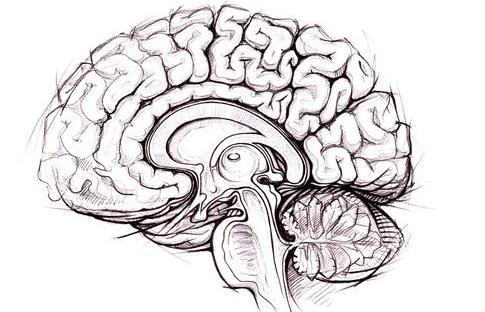Orion Jones
Managing Editor
Get smarter, faster, for success in the knowledge economy. Like us on https://t.co/6ZFWKpoKLi or visit https://t.co/d7r7dG2XOq
The governmental body that overseas European health regulations is set to be the first in the Western world to approve a specific gene therapy to treat a genetic disease.
A new technique used to sequence the genome of single sperm cells for the first time could pay dividends by making in vitro fertilization more reliable and even aiding cancer research.
In two recent experiments, animals got fatter at a faster rate when fed genetically modified food. Because the US lacks a labeling system for GM foods, consumers cannot make informed decisions.
While trials show that the new HIV-prevention pill reduces the likelihood of transmitting the virus, doctors worry that misdiagnoses and poor compliance will result in a drug-resistant HIV.
Using stem cells, a nationwide team of scientists have been able to isolate the disease outside the human body, allowing them to test different variables and find better treatments.
Anti-war journalist and long-time Middle East bureau chief for the New York Times, Chris Hedges argues that war is necessarily a betrayal of one group by another governed by a patriotic script.
Toni Morrison bucks accepted wisdom when it comes to calling divorce an irreparable tragedy and likens reality television to a previous public’s fascination with lynching black people.
The Occupy Movement is unique in seeking more equitable social change without the visible presence of individual leaders. But it’s disdain for hierarchy may ultimately hurt its goals.
The GOP has a long tradition by which its most educated members criticize the “intellectual elite.” But the conservative brain trust seems to have run dry, with criticism approaching caricature.
Sensors that gather data from specific individuals using a particular buildings will transform homes and workplaces into dynamic spaces with an ever-pleasant ambiance.
Advanced robotics could allow virtually any profession to form part of the globalized economy. By adopting avatars, workers could travel to any part of the world, all from their living room.
America’s National Ignition Facility has set a new record for the amount of energy generated by lasers. The experiment will be used to work toward creating laboratory-controlled fusion.
If we are interested in testing the physical limitations of human biology through sport, we should create a second Olympics which allows the use of performance enhancing drugs.
Human-run institutions have had a spectacularly poor track record at monitoring the activity of the world’s largest banks, so companies are turning to artificial intelligence instead.
A commitment to space exploration satisfies our curiosity and need to explore new lands, it provides innovation and new jobs to the economy, and it will help our species escape this rock.
Delivering a lecture at Trinity College, Dublin, the American geneticist spoke on how modern science has changed the parameters of life and how we are close to creating synthetic life.
NASA is working with Lockheed Martin to design a diet for astronauts on their way to Mars. Food is such an essential part of the journey that one astronaut may be dedicated to meal preparations.
A nonprofit dedicated to researching the science and technology needed to travel vast distances across the cosmos says lasers can be used to harvest antimatter from the vacuum of space.
A chuck of ice 46 square miles in area has broken off the Petermann Glacier, according to the Canadian Ice Service. Scientists warn that rising ocean temperature could do further damage.
Coursera, an online education company founded by two Stanford professors, announced today that a dozen major research institutions will join the venture and offer more than 100 free online courses.
A technology start up that is adapting aged military equipment to civilian use wants to offer an unmanned aerial drone for $100 but the devices have raised questions about privacy law.
Yahoo’s decision to hire Marissa Mayer, a high-ranking Google employee who is also pregnant, came as a surprise to the tech industry but stands to increase women’s profile in the workplace.
When human biology becomes indistinguishable from its machine parts, in an event known as the Singularity, we will transcend human intelligence, but will we also transcend our feelings?
Social and mobile networking tools are helping to build financially-independent communities by facilitating informal trading markets. The services are a response to international banking crises.
In order to solve America’s faltering economy, we must understand its causes. For University of Chicago business school professor Raghuram Rajan, it was an eviscerating of the middle class.
The American economy is capable of rebounding, thanks to government protection of property rights and a risk-taking culture. But what should the next president do to help?
Modern relationships have become ambivalent, insecure and indeterminate, says sociologist and professional student of modern love, Eva Illouz. Could BDSM really be a solution?
A German court has effectively criminalized male circumcision, and while the ruling is not binding on any other body, debate over religious and individual freedom has erupted.
The pace of Chinese economic growth is slowing and wages are increasing. As the economy matures, transitioning to service industries and importing more goods, the West stands to gain.
Scientists argue the courtroom is a bad place for brain scans to serve as evidence because they cannot assess the full guilt of an individual. Other developments are changing how we think of justice.





























